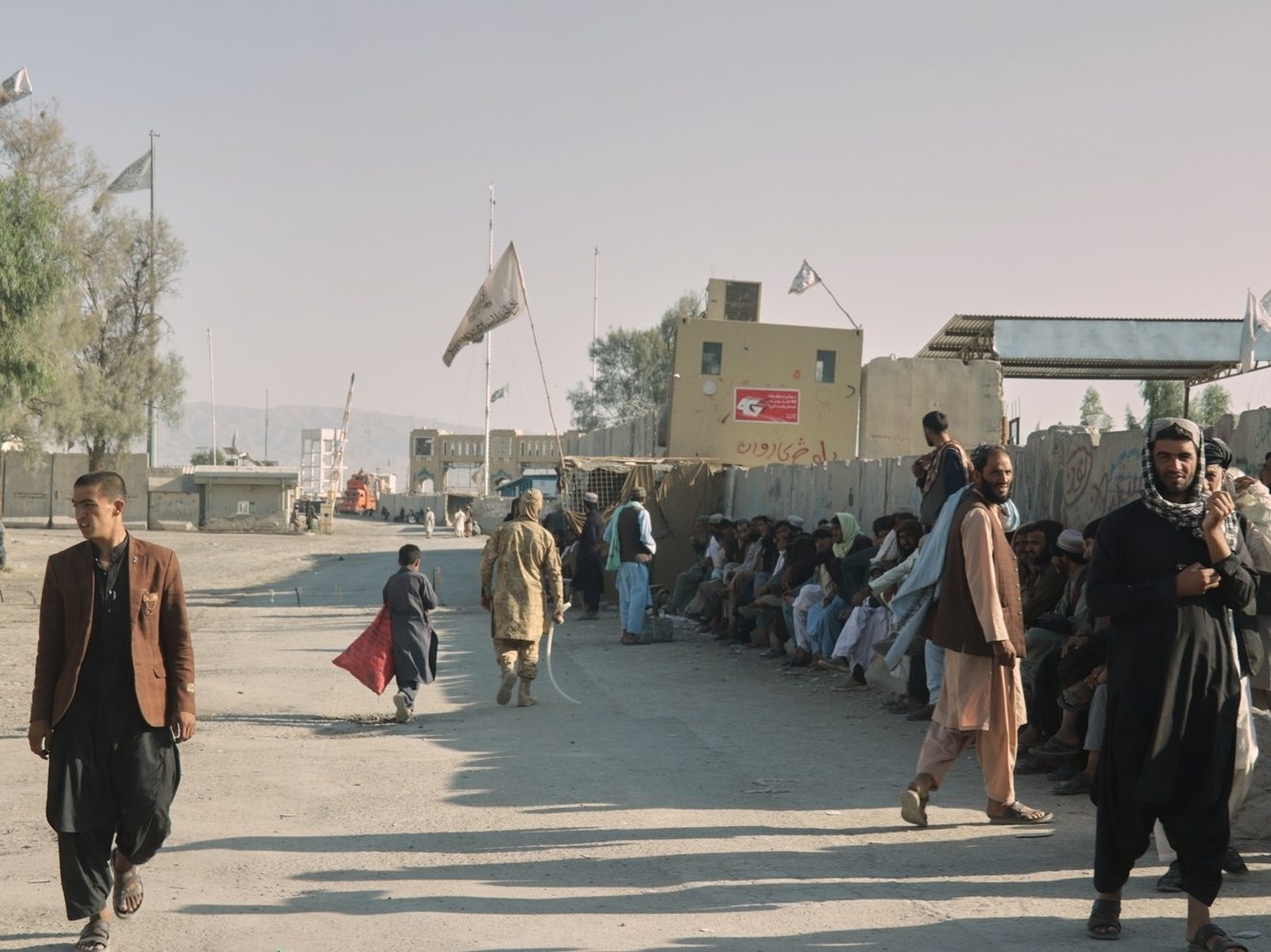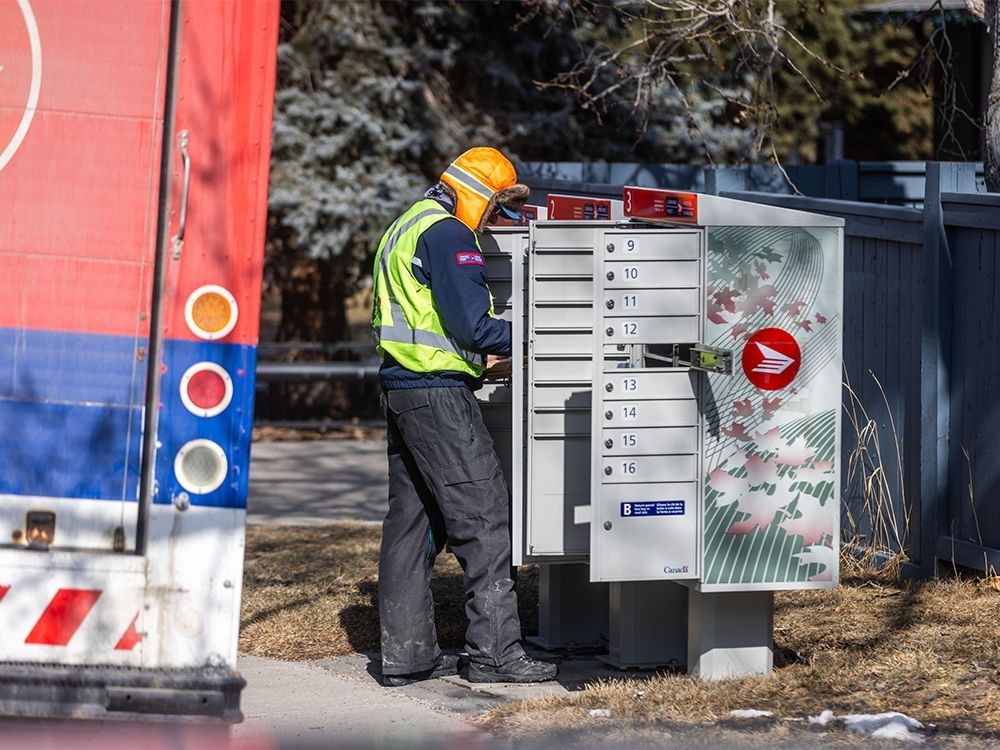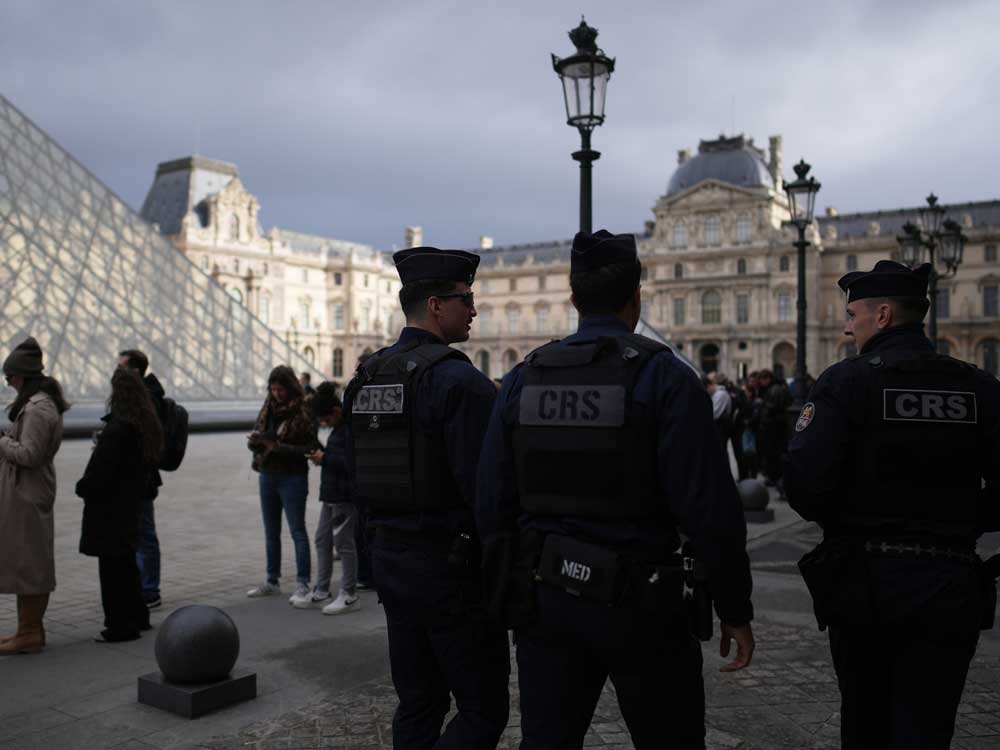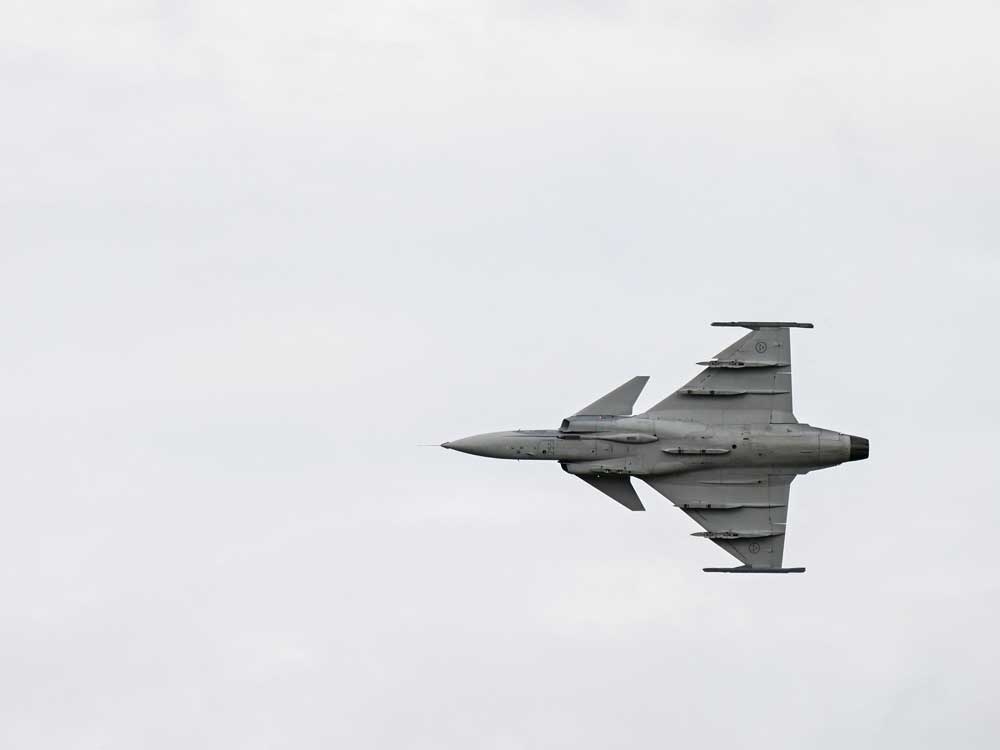The fragile hope for peace between two neighboring nations has shattered. After four grueling days of negotiations in Istanbul, the dialogue has collapsed, leaving a bitter taste of continued animosity.
Pakistan's information minister, speaking in the pre-dawn hours, declared the talks a failure. He pointed an accusing finger directly at Afghanistan's Taliban government, accusing them of a brazen refusal to confront militants orchestrating deadly cross-border assaults.

This breakdown follows an earlier, more hopeful round in Doha. There, a fragile ceasefire had been painstakingly brokered, a temporary truce after brutal border clashes claimed dozens of lives – soldiers, civilians, and combatants alike.
At the heart of the discord lies a stark accusation: Pakistan claims the Taliban are providing sanctuary to militants fueling a relentless wave of attacks. Kabul, however, vehemently denies its territory is being weaponized against its neighbor.
The minister's somber announcement, delivered via a digital platform, revealed the stark reality: the dialogue had yielded no workable solution, even with the diligent mediation of Qatar and Turkey.
Silence from Kabul followed, leaving the world to ponder the implications of this diplomatic abyss. The air grew thick with speculation as state media from both nations echoed a similar sentiment – an impasse, with each side subtly shifting blame.
Pakistan, a nation that has consistently championed peace and incurred immense sacrifices for its neighbor's well-being, had extended an olive branch. They engaged with the Taliban, first in Doha, then in Istanbul, at the earnest request of their trusted mediators.
But the minister's words carried a heavy weight of disappointment. He spoke of the Taliban's apparent indifference to Pakistan's mounting losses, a stark contrast to Islamabad's long-held desire for Afghanistan's peace and prosperity.
The diplomatic push, a broader effort to quell months of escalating tension over cross-border attacks and militant havens, now hangs precariously in the balance. These issues have poisoned relations since the Taliban's return to power.
The minister painted a grim picture of the Taliban regime, suggesting it thrives on conflict, indifferent to the welfare of its own people, and actively seeks to drag them into unnecessary wars.
A definitive line has been drawn. Pakistan's patience, he declared, has reached its limit. Islamabad will now pursue every necessary measure to shield its citizens from the persistent threat of terrorism.
Earlier, on Tuesday, sources with direct knowledge of the negotiations revealed a deep deadlock. The core issue: Kabul's steadfast reluctance to provide assurances that Afghan soil would not be used to launch attacks against Pakistan.
These officials, speaking under the veil of anonymity, described the host country's earnest efforts to break the stalemate, hoping to reignite the final stages of the talks.
The Pakistani delegation's proposals, it seems, were met with significant hesitation. The Taliban representatives, according to these sources, were not fully empowered, constantly seeking directives from Kabul before committing to any decisions.
Afghanistan's state media, however, presented a contrasting narrative, accusing the Pakistani side of lacking the genuine intention for constructive dialogue. Kabul, they claimed, had made every effort to foster a productive exchange.
As these crucial discussions unfolded, a glimmer of external hope emerged. A pledge from a powerful global leader offered the possibility of swift resolution to the escalating crisis between these two volatile neighbors.
The recent eruption of conflict had spurred Qatar's intervention, leading to the initial talks and the subsequent ceasefire. This truce, both sides maintain, still holds, a solitary beacon of stability amidst the Istanbul stalemate.
An Islamabad-based security analyst offered a strategic perspective, suggesting Afghanistan's approach was to deliberately prolong the diplomatic process. Their reluctance, he noted, stemmed from an unwillingness to offer clear, verifiable commitments against Pakistani militants operating from Afghan soil.
Pakistan has been grappling with a dramatic surge in militant attacks, largely attributed to the Pakistani Taliban, a group closely aligned with their Afghan counterparts. Islamabad asserts that this group has found refuge in Afghanistan since the Taliban's ascendant return.
In response, Pakistani authorities recently launched targeted strikes against TTP strongholds within Afghanistan. This action ignited a series of deadly clashes, a cycle of violence only halted by Qatar's timely mediation and the subsequent ceasefire.
The ripple effects of this conflict are tangible. All border crossings between the two nations have remained sealed for over two weeks, leaving vital trade routes choked and cargo stranded, awaiting the reopening of this critical artery.





